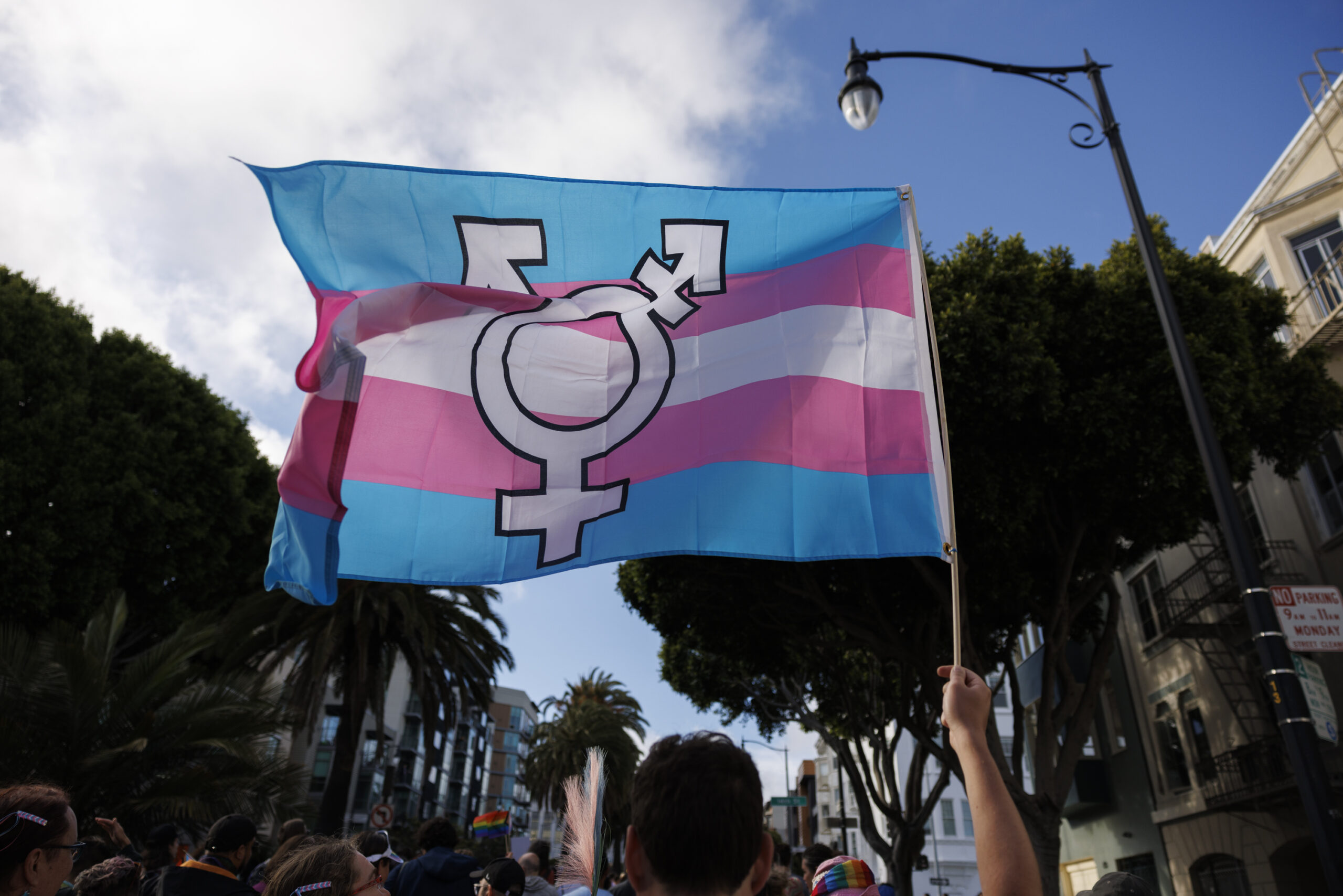California made history Wednesday by designating August as “Transgender History Month,” the nation’s first of its kind.
The state recognition builds on San Francisco’s similar declaration in 2021, underscoring California’s long history of transgender activism. The oldest piece of state trans history cited in the resolution comes from 1775, when Spanish settlers described Indigenous men who dressed and acted like women near present-day San Diego.
State Assemblymember Matt Haney, who represents San Francisco, introduced the resolution that passed a vote on Wednesday.
“The history of transgender people is there if you look for it,” Haney said outside the California State Capitol. “As long as there has been a California, there have been transgender people here contributing to their community, making history, expanding civil rights and helping to build a California that is more inclusive and prosperous for everyone.”
The recognition comes after months of renewed attacks on transgender health care, both in California and beyond. Protect Kids California, a conservative California group, announced a trio of anti-transgender ballot initiatives in August.
California has a long history of LGBTQ+ activism, including the famous Compton Cafeteria riot, which erupted between transgender women and police officers in San Francisco in August 1966. The Compton’s Cafeteria riot did not become a well-known part of modern LGBTQ+ history until 2005, when trans scholar Susan Stryker found it predated the more famous 1969 Stonewall Uprising in New York City.
In the 56 years that have passed since the riot, the area around the intersection of Turk and Taylor streets where Compton’s Cafeteria stood has become part of the nation’s first transgender cultural district, originally named in memory of the conflict.
Haney was joined by Honey Mahogany, chair of the San Francisco Democratic Party and co-founder of the Transgender District. Jupiter Peraza, a transgender activist with the cultural district, spoke to the need to teach history to weaken hateful ideology.
“Recognizing and learning about transgender history humanizes a marginalized community, a community that has been the target of brutal and hateful legislative attacks in an effort to suppress self-expression and personal liberation,” Peraza said. “The way to do that is through education, awareness, history dissemination, mentorship and so much more.”
Other official LGBTQ+ celebrations include Pride Month, which falls in June every year and was officially recognized by President Barack Obama in 2009. It was not federally recognized in 2017, however, when President Donald Trump declined to do so. The Transgender Day of Remembrance, which is on Nov. 20 each year, was first recognized by President Joe Biden in 2020, though remembrances have been held since at least 1999.
Standard reporter Ida Mojadad contributed to this report.
